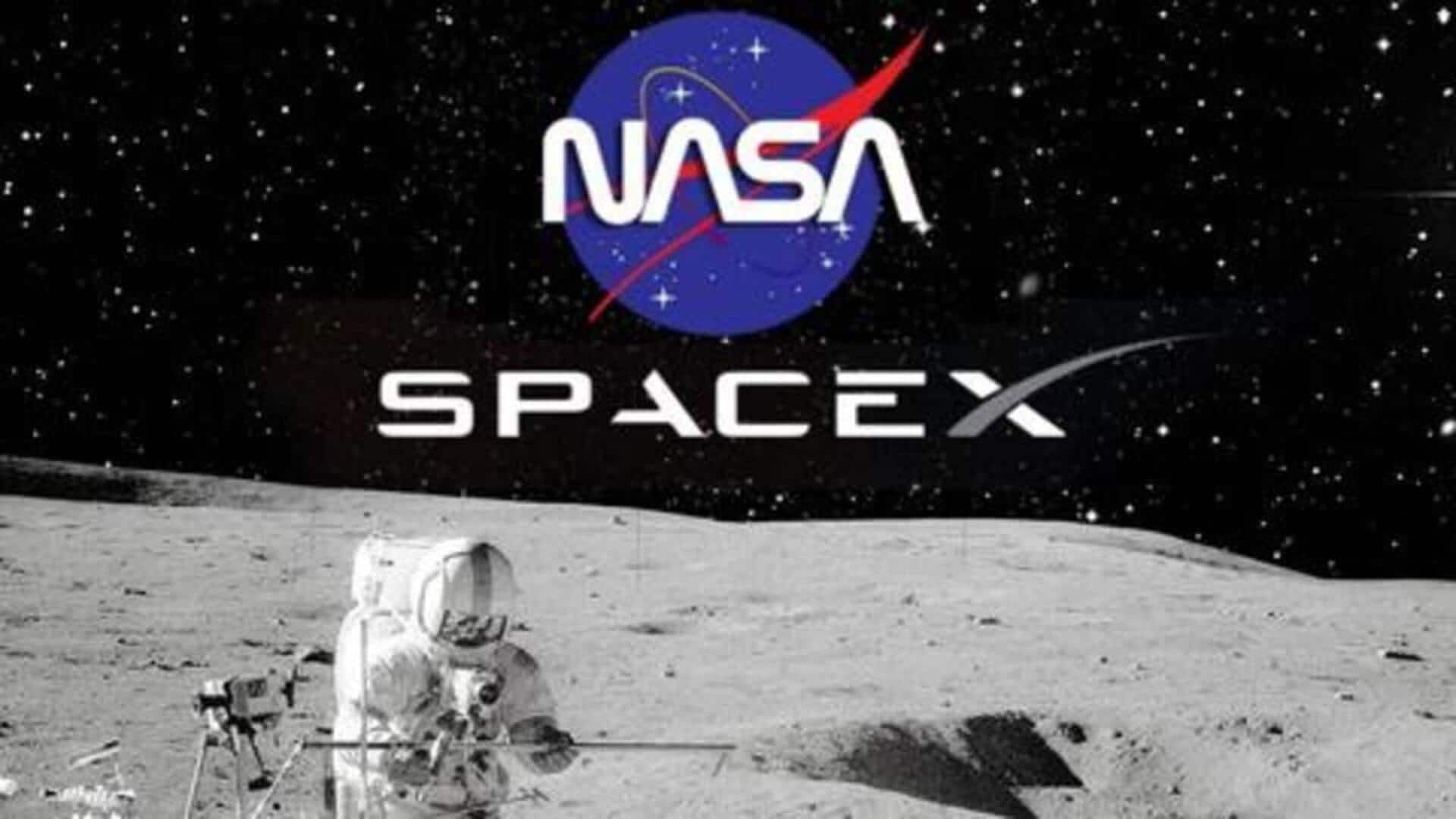
Why NASA might drop SpaceX from upcoming Moon landing mission
What's the story
NASA has announced its decision to reopen the bidding process for its flagship US Moon landing contract. The move comes as a result of persistent delays in Elon Musk's SpaceX Starship lunar lander project. The decision now opens the door for competitors like Jeff Bezos's Blue Origin to bid for the high-profile mission of returning astronauts to the Moon after over 50 years.
Strategic change
NASA opens contract up
Sean Duffy, NASA's Acting Chief and US Transportation Secretary, confirmed the decision to "open the contract up." He said, "I think we'll see companies like Blue get involved, and maybe others." The move comes after months of internal pressure to fast-track the Artemis lunar program and push SpaceX toward making more progress. This comes as China races toward its goal of sending humans to the Moon by 2030.
Project concerns
Starship project has 2027 landing deadline
The Starship project, which was awarded a $4.4 billion contract in 2021, has a 2027 landing deadline. However, NASA advisers fear this timeline could slip by several years due to competing priorities. Despite its central role in Musk's broader plans for the Starlink satellite network and future Mars missions, SpaceX has made little progress specifically toward lunar goals.
Revised schedule
Trump wants mission completed before his term ends
Duffy acknowledged SpaceX's accomplishments but noted that the firm is behind schedule. He added that US President Donald Trump wants the mission completed before his term ends in January 2029. NASA has now asked SpaceX and Blue Origin to submit accelerated Moon landing plans by October 29. The agency is also seeking proposals from other commercial space companies to expedite lunar missions.
Industry response
Blue Origin likely to be major contender
Blue Origin, which won a separate $3.4 billion contract in 2023 for later Artemis missions, is likely to be a major contender. Lockheed Martin has also confirmed that it is analyzing technical and programmatic options for human lunar landers with other industry partners. This new competitive phase in the crewed lander program comes just two years ahead of the planned mission.